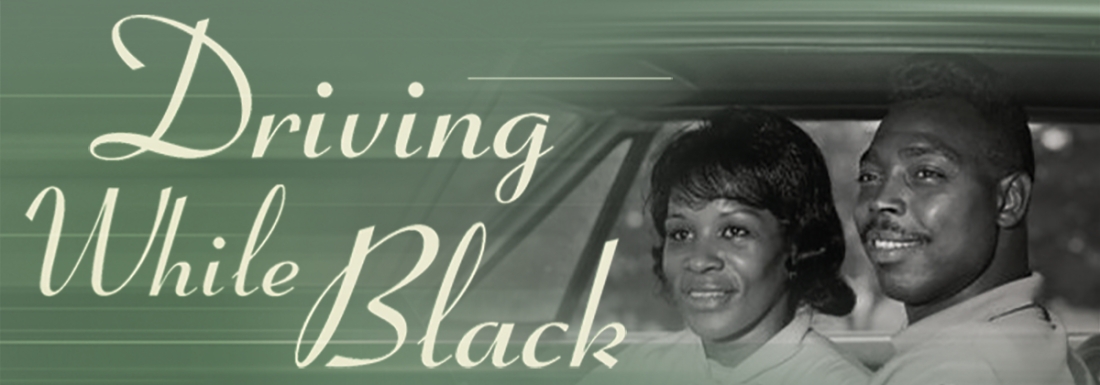Perhaps no one took more meaning from the advent of the automobile—and its promise of freedom and adventure, power and self-expression—than African Americans. With the aid of the famed Green Book and other travel guides, black-only businesses, and informal communication networks, they could navigate the mid-20th century’s Jim Crow landscape.
Historian Gretchen Sorin recalls this forgotten history in a discussion of her new book Driving While Black: African American Travel and the Road to Civil Rights. The car, she explains, became a new means of resisting racial oppression. But it brought new challenges including unwarranted traffic stops and the racist violence that too often followed.
Sorin is director of the Cooperstown Graduate Program in museum studies at the State University of New York in Oneonta.
